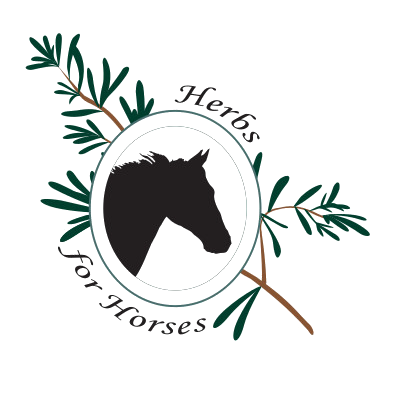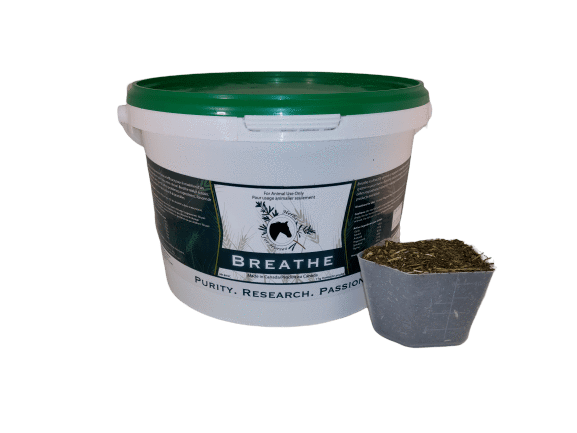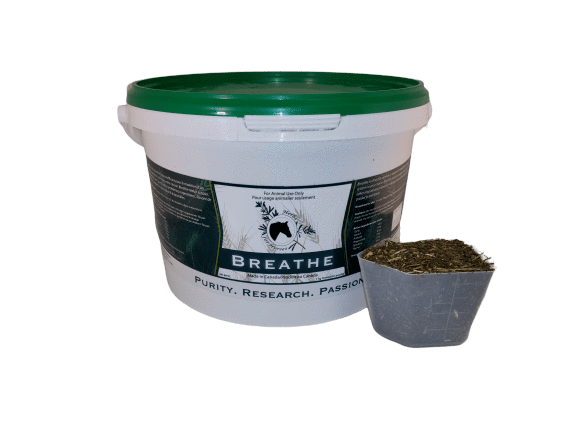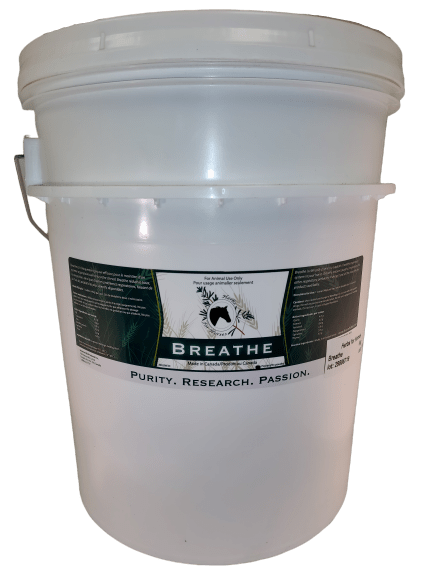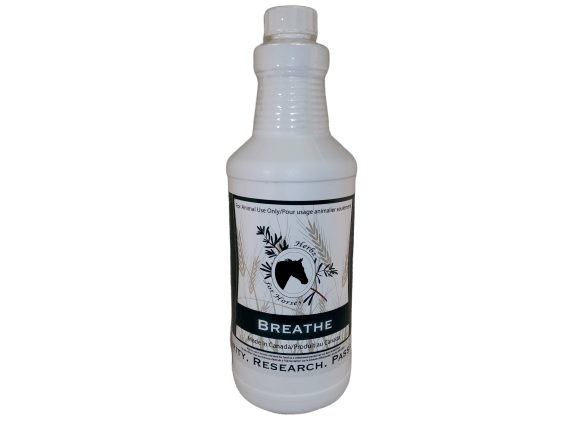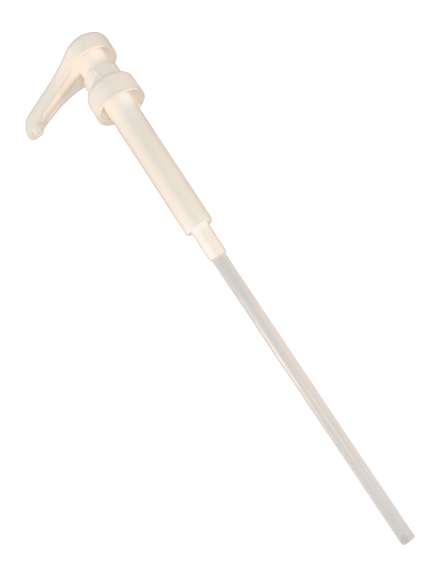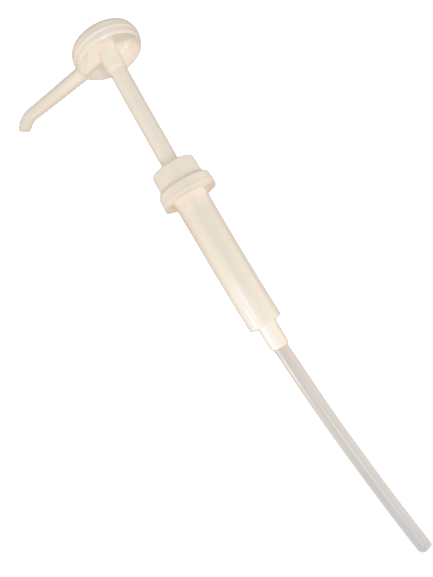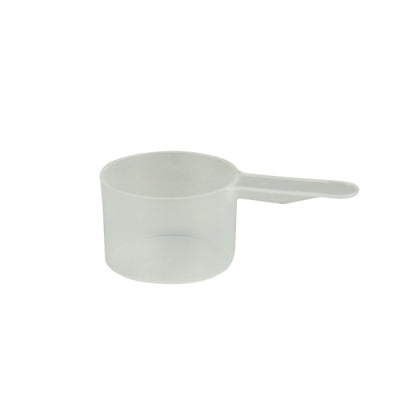Breathe (Study 1 - in vivo)
Purpose
To evaluate the effect of BreatheTM in horses with recurrent airway obstruction (aka ‘heaves’).
Methods
Six horses diagnosed by a veterinary practitioner with recurrent airway obstruction (aka ‘heaves’ or equine asthma) were housed at the Equine Research Centre at the University of Guelph. Horses were randomly allocated to receive BreatheTM (55g twice per day) or a placebo (equal amount of ground alfalfa meal) for 21 days. After 21 days, groups were washed out for 14 days, then groups were crossed over and the trial was repeated. This design allowed for 6 horses per treatment, with each horse acting as its own control. During both experimental periods, on days 0, 7, 14, and 21 the respiratory rate and the change in esophageal pressure (∆Pplmax) were recorded using a Ventigraph (model PG100/REC; Boehringer Ingelheim [Canada], Burlington, Ontario), and tracheal lavage was performed to obtain a cytologic profile of the airways. Jugular venous blood samples were obtained on days 0 and 21 to obtain information on systemic effects of the supplements.
Results
Breathe supplementation resulted in a decline in respiratory rate (p=0.1) and increased the proportion of macrophages in tracheal aspirate (p=0.1). Increasing macrophages suggests there was an increased tissue repair response in horses receiving Breathe compared with placebo, and is evidence of inflammation resolution in the lung. There were no significant changes in blood biochemistry or hematology, which demonstrates systemic safety of the product in horses at this dose.

Fig 1. Proportion of neutrophils and macrophages in tracheal fluid in horses receiving Breathe (A) or placebo (B).
Conclusions
The ability of Breathe to reduce elevated repiratory rate and increase proportion of macrophages in the lung provides evidence for its usefulness in promoting respiratory health in horses with heaves.
